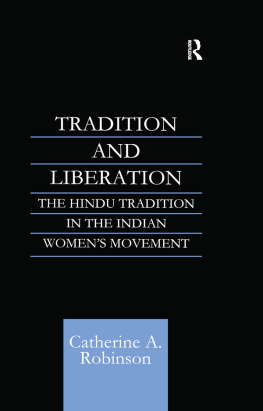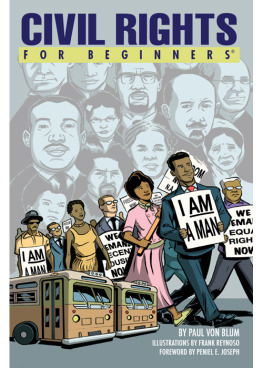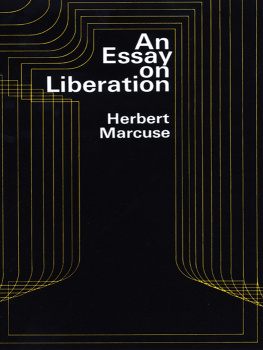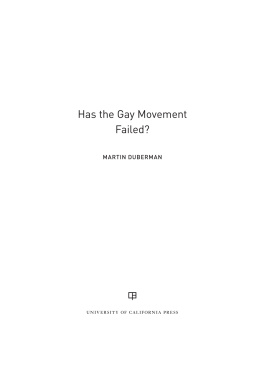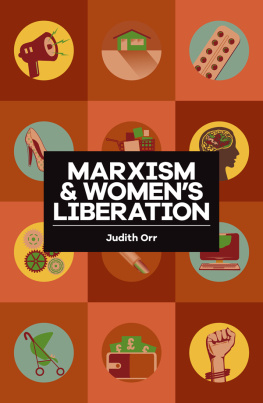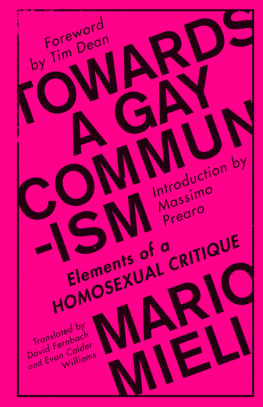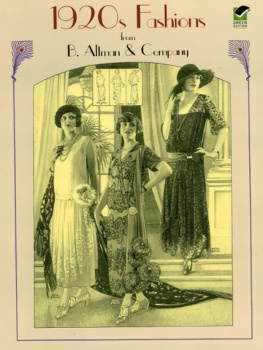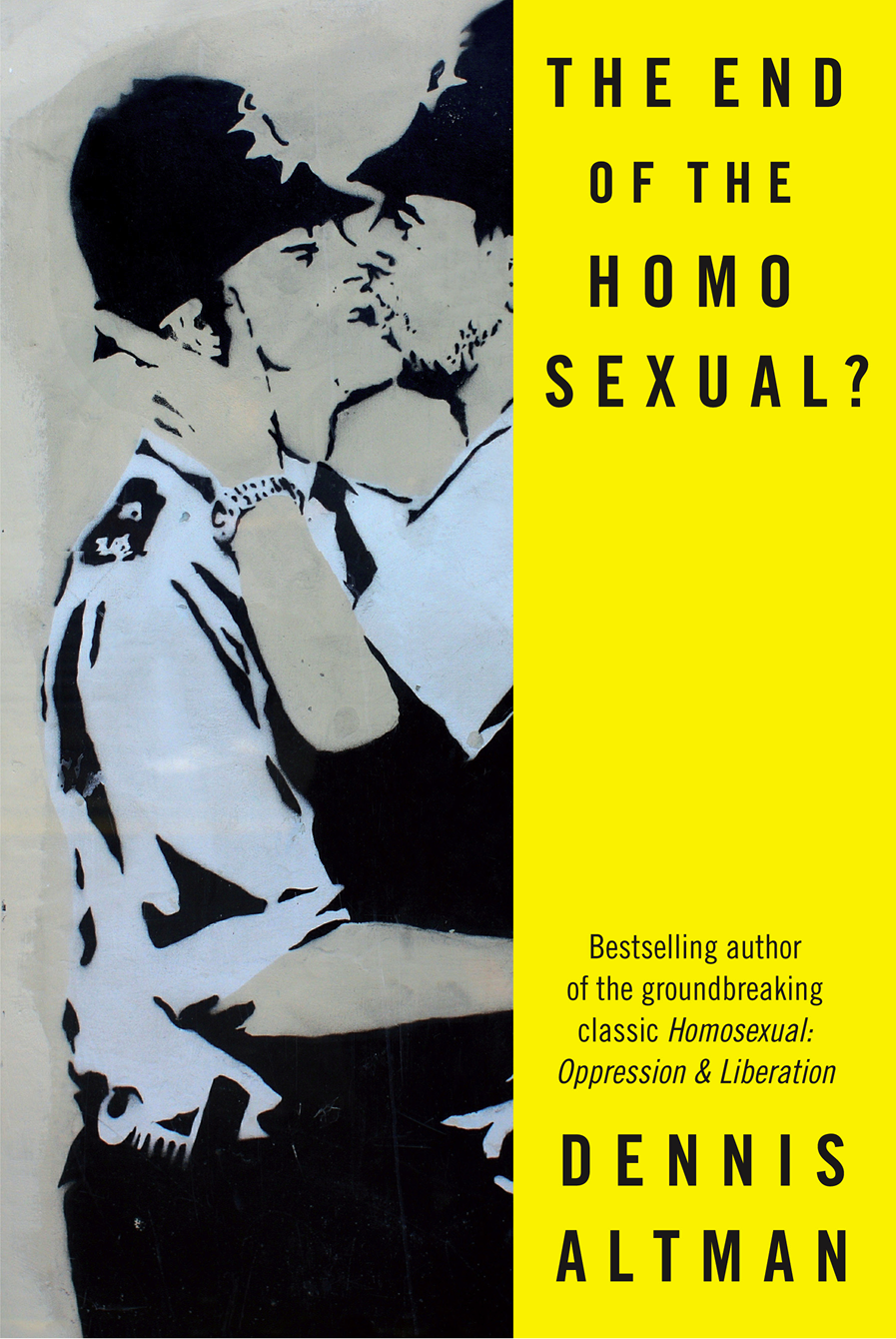
Dennis Altman is a Professorial Fellow in Human Security at La Trobe University, Melbourne, and was Visiting Professor of Australian Studies at Harvard. He has written eleven books exploring sexuality and politics, and their inter-relationship in Australia, the United States, and now globally. These include The Homosexualization of America, AIDS and the New Puritanism , Rehearsals for Change , The Comfort of Men (a novel), and his memoir Defying Gravity . His book Global Sex (Chicago University Press) has been translated into five languages. Most recently he published Gore Vidals America (Polity) and 51st State? (Scribe). In 2008, Altman was appointed a Member of the Order of Australia.
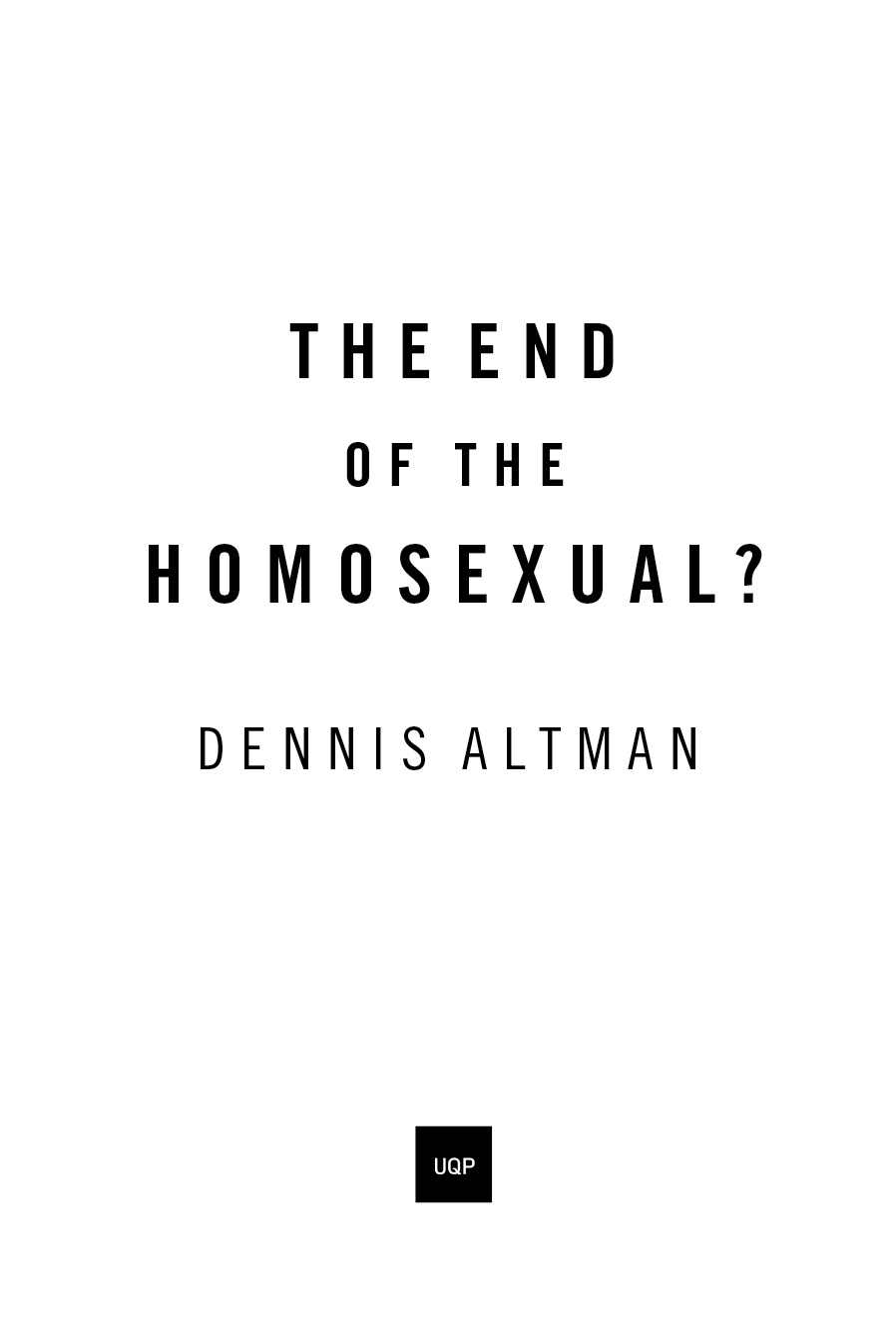
In memory of Anthony Smith (19592012),
who died before he could read the final draft.
Contents
Introduction
In 1975 I was invited by a student group to speak about homosexuality at the Townsville campus of James Cook University. The local paper reported my talk, which led to hostile questions being asked in the state parliament, where I was referred to as a bare-footed practising homosexual, and an attack upon me by Premier Joh Bjelke-Petersen. Thirty-five years later I was invited by the vice-chancellor of Central Queensland University to Rockhampton to give a similar talk, chaired by federal Liberal MP Warren Entsch. This time the local paper editorialised its support for the event, and I was a guest on both local radio stations.
My invitation to central Queensland followed a Morgan poll that claimed the area was the most homophobic in Australia, with far greater numbers willing to term homosexuality immoral than was the case in inner-urban areas. (While that survey suggested the least homophobic areas of Australia were the two territories and Western Australia, other data disagreed, although rural areas, particularly in Queensland and Tasmania, do seem considerably more homophobic than inner cities.) Interestingly, the local gay and lesbian folk I met in Rockhampton seemed less convinced that this was the case, and were well aware of the distinctions between how people might answer hypothetical questions and how they might actually behave.
Flying north from Brisbane, I was tempted to believe I was entering a different country; the men in the departure lounge one with a T-shirt proclaiming Jesus Saves, others with surfer gear and heavy tats would not have been a common sight back at Tullamarine. But walking around Rockhampton, with its slightly stuffy and old-fashioned downtown area, reinforced my sense that Australia is a remarkably homogenous country, and that apparently different attitudes between regions are more likely to reflect economic status and demography, not some particular essential difference between state cultures.
This was in fact my fourth visit to provincial Queensland to address gay issues. After my first foray to Townsville, I flew to Cairns in 1988 to speak at the public meeting that led to the formation of the Queensland Association for Gay Law Reform. By then, the National Party government was disintegrating under allegations of corruption; within two years of the founding of QAGLR, the incoming Labor government would decriminalise homosexual activity.
Seventeen years later, Rockhampton appeared to have changed little. However, The Boy From Oz was playing at the towns theatre an interesting reminder that Australias two most successful musicals (the other being Priscilla, Queen of the Desert ) are, as they used to say, as camp as a row of tents. What had changed was the assumption of a kind of normality around homosexuality, so that the vice-chancellor could joke publicly about his wifes attraction to the men pictured in a Queensland gay calendar. It was inconceivable that a vice-chancellor would have felt sufficiently relaxed about sexuality to make such comments twenty years earlier. Of course, prejudice and hostility remain: a week after I was in Rockhampton, the visiting American author Armistead Maupin encountered blatant homophobia in a restaurant in Alice Springs, when a barman told him the toilets were reserved for real men. Tourism Central Australia was quick to apologise, and the Melbourne Age followed up with an apologetic editorial.
Anyone over fifty in Australia has lived through extraordinary changes in how we imagine the basic rules of sex and gender. We remember the first time we saw women bank tellers, heard a womans voice announce that she was our pilot for a flight, watched the first woman read the news on television. A majority of women are now in the paid workforce; in 1966 they made up twenty-nine per cent. When I was growing up in Hobart it was vaguely shocking to hear of an unmarried heterosexual couple living together, and women in hats and gloves rode together in the back of the trams (now long since disappeared). As I look back, it seems to me that some of the unmarried female teachers at my school were almost certainly lesbians, although even they would have been shocked had the word been uttered.
In 1955 Princess Margaret had been forced to repudiate marrying a divorced man. Since then, three of Queen Elizabeth IIs four children have divorced, and the current heir to the throne is married to a woman with whom he obviously had an affair during his previous marriage. Most of my female schoolmates who went to university were on teachers scholarships, and would be expected to resign from the department if they married, which not infrequently happened because of unplanned pregnancies. Abortions were illegal but were often performed under appalling conditions; the occasional girl was known to have suddenly made a trip to Melbourne in search of one.
Homosexuals were invisible, at best referred to in guilty jokes that I generally failed to understand. Barry Humphries wrote of this period that Pooftahs were happily confined to the small hermetic world of ballet and window dressing, but this was a snide half-truth. (Not surprisingly, Humphries did not appear to think lesbians were even worth a snide reference.) In the same way, our cities were overwhelmingly racially homogenous: an overt white supremacy was dominant, reinforced through the notorious White Australia Policy and through the legal inequality of Aborigines, and deep prejudice existed against the few non-Caucasians living in Australia. When I was growing up I recall several Chinese-Australian families, but they were regarded as alien and exotic, even though some had been in the country for a century far longer than the families of many of my classmates, who treated them with contempt.
During the 1970s, when Australia saw the first public affirmations by gay men and women, homosexuality was regarded with deep suspicion as a vice, as a crime or, at best, as an illness. Sexual behaviour between men was illegal in all states, and very few women or men publicly acknowledged their homosexuality. Even if the anti-sodomy laws were rarely applied, police harassment and entrapment, and fear of disclosure to families and employers, maintained a low-level reign of terror sufficient for most homosexuals to spend considerable effort managing constant subterfuge and evasion. The current world, in which there are openly gay politicians, judges and even the occasional sports star, was literally inconceivable. We used to worry about being bashed for walking hand-in-hand. Young queers now worry about wedding planning, even though the threat of violence is still real, and in some areas possibly increasing.
The last decade, in particular, has seen extraordinary progress towards the normalisation of homosexuality across the western world. *
Next page

